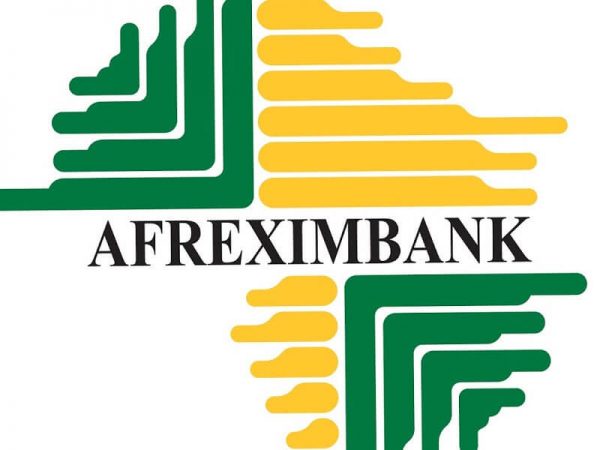The implementation of the Nigerian Gas Flare Commercialisation Programme will cut down the cost of energy across the country soon, the Federal Government has said.
It also said that the gas commercialisation programme would address more than half of the United Nations Sustainable Development Goals.
The Minister of State for Petroleum Resources, Timipre Sylva, said this at the 29th National Conference and Annual General Meeting of the Nigerian Environment Society in Benin, Edo State.
Sylva, who was represented by the Programme Manager, NGFCP/Technical Adviser to the minister on Gas Business and Policy Implementation, Justice Derefaka, noted that Nigeria had committed itself to the delivery of the SDGs and the accompanying targets.

He explained that the country was working towards achieving some of the targets of the SDGs through its gas commercialisation programme, adding that the NGFCP would not only reduce poverty by creating jobs, but would cut down energy cost in Nigeria.
The minister said, “In my ministry, we have tested this approach with the Nigerian Gas Flare Commercialisation Programme and in addressing SDG-7, which is to ensure access to affordable, reliable, sustainable and modern energy for all.
“The NGFCP ticks 14 of the 17 SDG boxes and this will stimulate action over the next two to three years in five areas of critical importance to the SDGs, which include people, planet, prosperity, peace and partnership.”
Providing further explanation on how the gas commercialisation initiative would help reduce energy cost in a document that was made available to our correspondent, Derefaka said the NGFCP could unlock three liquefied natural gas trains.
He said the programme would provide gas for the generation of about 3,000 megawatts of electricity, as well as ensure the provision of 600,000 metric tonnes of liquefied petroleum gas annually.
 MMS PLUS NG – Maritime, Aviation, Business, Oil and Gas News Online Newspaper with coverage in Maritime, Oil and Gas, Aviation, Power and Energy as well as Financial News
MMS PLUS NG – Maritime, Aviation, Business, Oil and Gas News Online Newspaper with coverage in Maritime, Oil and Gas, Aviation, Power and Energy as well as Financial News









